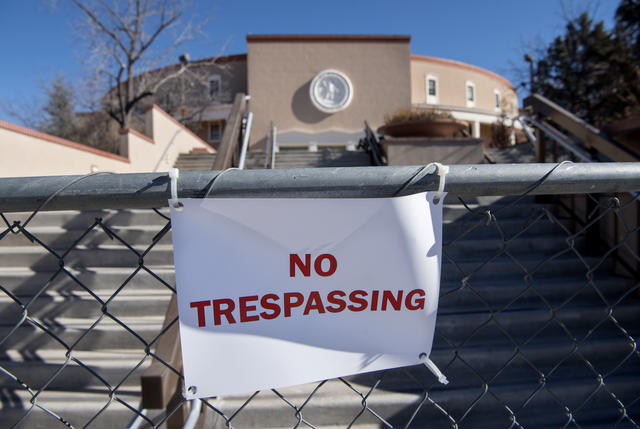With the last of the Governor’s signatures and vetoes coming down last Friday, the 2021 regular session is (finally!) officially over. Here’s a quick look at what happened.
The Good
- A package of short-term COVID-19 relief measures passed, creating a grant program to help businesses pay their rent or mortgage bills, retooling a low-interest loan program, waiving liquor license renewal fees, and creating a three-month GRT “holiday” for businesses.
- SB 40 provides K-5 Plus and extended learning programming for students across New Mexico to help kids recover from the pandemic learning loss. The $230 million in the budget will encourage districts to participate in the newly flexible programs.
- HB 10 and SB 93 establish an office to lead statewide broadband expansion; the budget contains $133 million for broadband expansion projects, which will allow the state to access an additional $955 million in federal funding for this purpose.
- Capital outlay allocations for Albuquerque projects include $445,000 for gunshot detection technology, $4 million for the Gateway Center, $5 million to build a soccer arena/multi-use stadium, and millions in road projects.
The Troubling
- HB 20 mandates 64 hours of paid leave for each employee each year, starting next July. This requirement applies to businesses of all sizes and can’t be preempted by local ordinances.
- SB 8 allows Albuquerque and the state to adopt stricter environmental standards than the federal government. It’s not clear what the impact will be on the oil and gas industry, but there will certainly be an impact.
- HB 4 – the New Mexico Civil Rights Act – allows private citizens to file lawsuits against government entities for violations of their rights under the state Constitution. Local governments and school districts expect to see increased costs due to this new law.
- SB 317 raises New Mexico’s health insurance surtax to the highest rate in the nation.
The “Gone for Now… but They’ll Be Back”
- HB 50 proposed to allow wide-ranging private action lawsuits on environmental matters. Similarly, the Constitutional amendment proposed in SJR 3 to declare New Mexicans’ right to clean air, water, and land would have led to more costly litigation.
- HB 110 would have raised the minimum wage to $15 by 2025 – and increased it further every year according to an index based on Department of Labor cost of living increases.
- HB 203 proposed a board to conduct studies and start preparing for a costly single-payer healthcare system.
- SB 149 sought to ban fracking, and SB 86 proposed to prohibit the use of fresh water in oil and gas production.
Just a week after the Legislature adjourned the 2021 regular session, Governor Michelle Lujan Grisham convened a special legislative session to take on recreational, adult-use cannabis legalization; the bill providing for the regulation of the new industry, including 10 different types of licenses and up to 27% taxation on cannabis products, passed, as did a bill to expunge certain records of cannabis-related arrests and convictions. However, the Legislature notably passed up an opportunity to consider a bill that would make drugged driving arrests and charges more objective through testing and blood concentration limits.
The Legislature also used the special session to pass a LEDA expansion bill that will equip local governments with a tool to pool their resources with the state’s to land big-ticket economic development projects that cost $350 million or more to build.
Lujan Grisham signed the legalization and expungement bills on Monday, making New Mexico one of 17 states with legal recreational cannabis, effective April 2022.
For a more in-depth look at our legislative work, visit our website to read our Legislative Review or browse through our Legislative Roundup daily editions.




